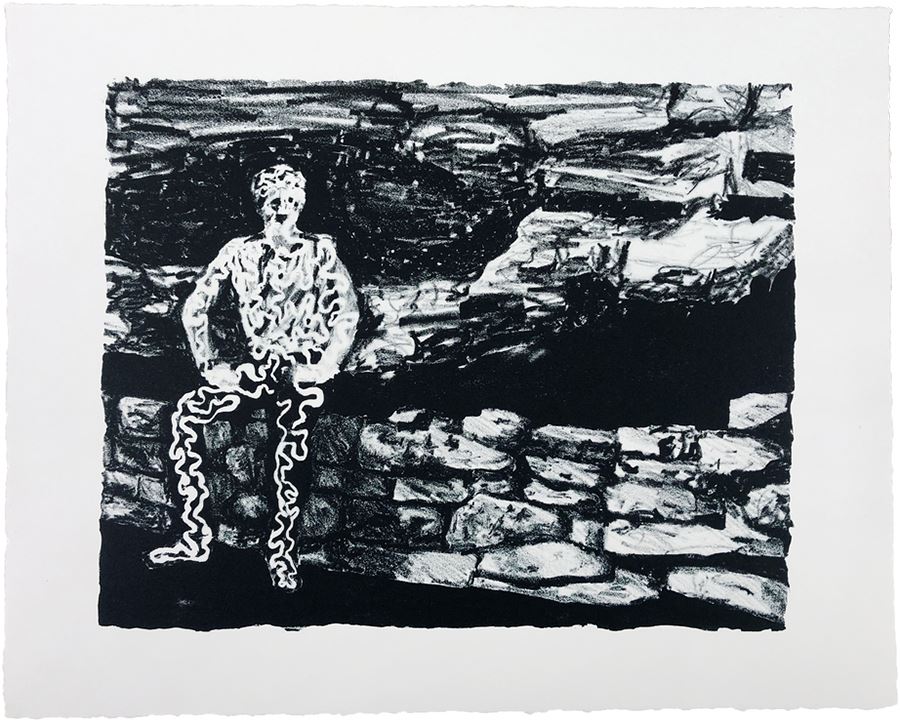Lately, I have been participating in discussions regarding the artist’s role in artworks, specifically if the artist’s background and personal experiences should manifest in their artworks or if artworks should be more universally relatable and non-auto-biographical. In these conversations, the predominant mentality is in favor of non-auto-biographical works, which seems heavily tied to a desire for artwork to be accessible to every audience. These discussions have prompted me to contemplate the question: What do artists owe their viewer?
My artwork is about memory and my drive to make my work comes from personal experience with Severely Deficient Autobiographical Memory (SDAM). SDAM primarily manifests for me in an inability to visually replay moments from my past, thereby making it particularly difficult to determine if my memories are genuine recollections or if they were fabricated from a narrative I created or embellished. But memory is universally untrustworthy for all people and that universal unreliability also plays a role in my work as I use my own lack of memory to frame questions about the truth and reality of a past that is inaccessible in the present.
.jpg)
Beth Sheehan, “Memento,” 2015-2022
I find myself on a potentially less-popular side of the auto-biographical art discussion, as I would argue that artworks should not (and cannot) cater to every member of an audience. I would like to further assert that by generalizing the accessibility of their content, an artist can lessen the importance and impact of their artworks for the community that relates to the artist’s auto-biographical works. Further, the removal of the personal can rob a viewer of the potential to understand experiences that they are unfamiliar with.
Through my artworks, I have connected with people who did not realize that their cerebral experience was abnormal because discussing the intricacies of memory and perception presents a difficult stage for communication. For example, if two people are discussing a shared memory, both may use the phrase “I remember,” but one person may be using visual recall to replay the memory like a movie (episodic memory) and the other person may be simply accessing the factual information their brain stored (more similar to the way we recall trivia). If my work contained no relation to my personal experience and instead focused solely on universal experiences of memory, I feel I would be doing my viewer a disservice.

Beth Sheehan, “In the Moments,” 2023
However, even though my personal preference favors works that are founded in the artist’s experience, I also feel that everything is best in moderation. If an artist’s work stems from personal experience and that artist creates work that is self-referential and completely unrelatable, I would begin to question if the work should be shared with the public. So, then, I come back to my initial question: What do artists owe their viewer?
To unpack that question further, I’d like to consider the following as well:
- Does the artist owe the viewer relatability, understanding, connection, universality, authenticity, or their story/experiences?
- If the viewer is owed something, are they owed that thing within the artwork itself or in the artist’s statement or interviews?
- Is abstraction kinder to the viewer because it has the potential to be equally relatable/accessible regardless of the viewer’s experience? If the viewer presumes artwork will have a deeper meaning and then they cannot glean one from abstraction, will the work no longer be accessible?
- Should art be for everyone? Does your answer change if I phrase the question differently: Should all art be for all people?
-What are the sacrifices made when art becomes less personal and more universal? What are the sacrifices made when art IS personal?
- Do the expectations for the viewer/artist relationship change based on medium? Does visual art demand something different for the relationship than a medium like poetry?
Beth Sheehan is an artist currently living in Tuscaloosa, AL. She teaches paper, print, and book workshops around the US and virtually. She co-authored the book Bookforms. Sheehan has also worked as a professional printer at Durham Press and Harlan & Weaver and was the Bindery Manager at Small Editions.

